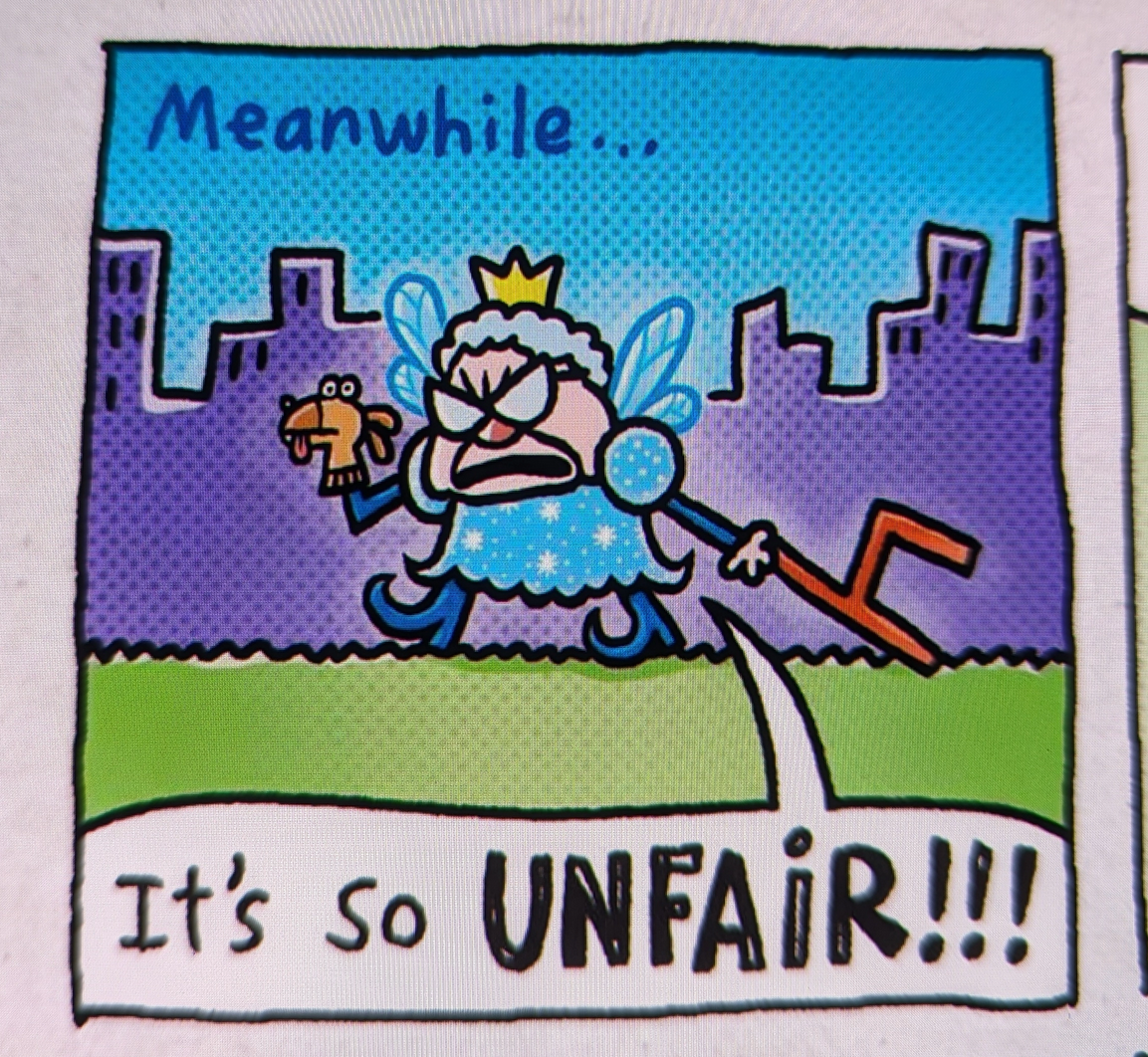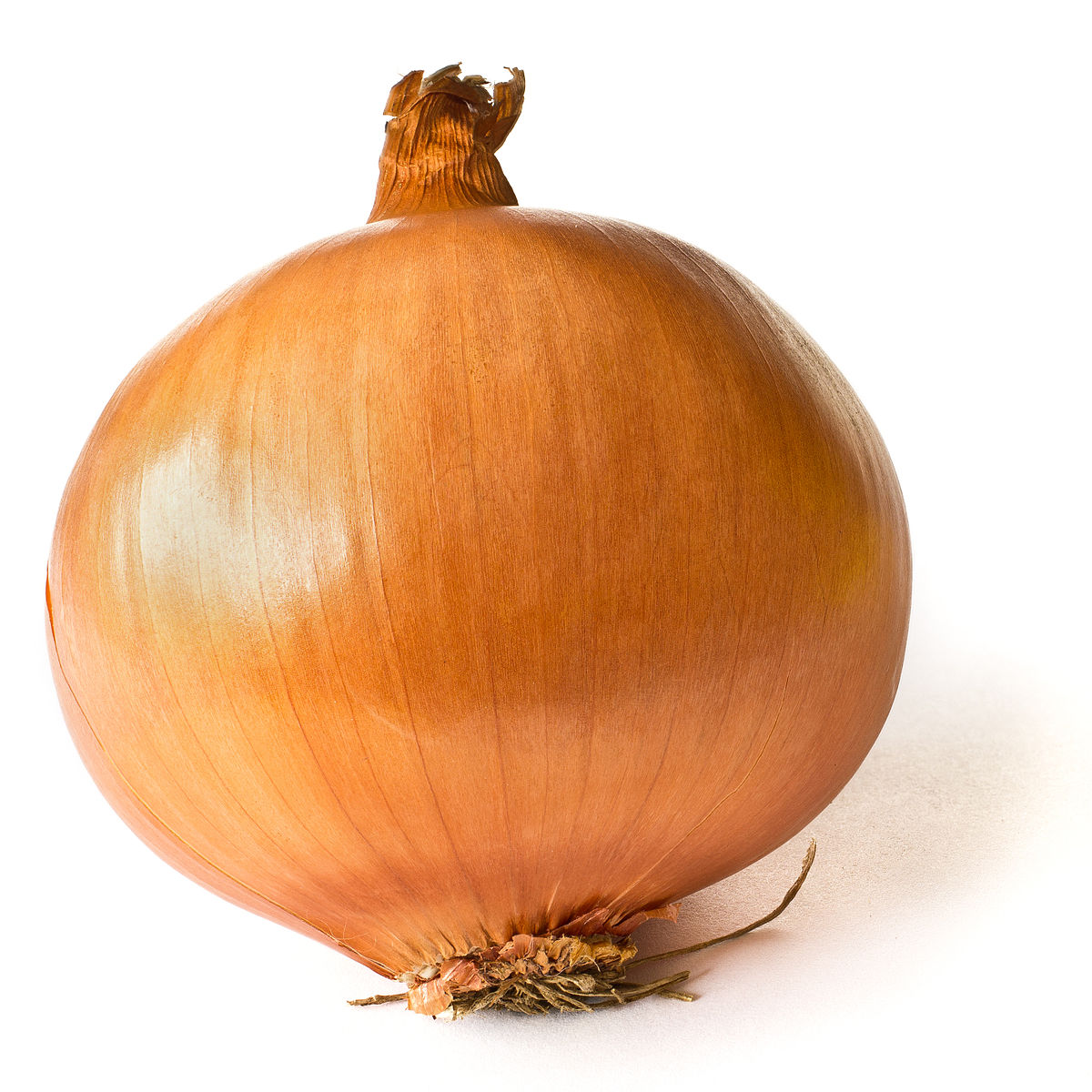What do u use? Ovh? Hetzner? I think those are only European companies with us servers.
Not like it’s gonna stop much, they obliged to follow us law anyways inside the jurisdiction
Im a kids TV host who ran an amazing tv show, but I got fired and it’s very unfair. I now decided to become a supervillain.
What do u use? Ovh? Hetzner? I think those are only European companies with us servers.
Not like it’s gonna stop much, they obliged to follow us law anyways inside the jurisdiction
Specifically updated my house to only use daylight bulbs everywhere.
I use lights to see. I don’t need stupid orange lights


I don’t want to do anything with Google. Definitely don’t trust their hardware.
Look. Israeli child molesters waited 10 years before activating lebanese explosive pagers. I don’t trust Google just giving out free code only on their devices for some reason, as if they know there is something else on hardware level. Google lost all the trust and good will I ever had for them
Nah I don’t care about selling.
But they simply don’t have us frequencies.
If I buy one I at least Need it to work.
Only OnePlus has us frequencies


What sucks is - windows is the easiest to jump off. There are tons of viable alternatives.
There is nothing for mobile.


I think he’s corporate funded. Dont want that guy.
Who is going to say nationalize seashores for all people to use, federal mandatory yearly vacations, universal healthcare, federal labor laws , tax billionaires - will get my vote.
Is Gavin saying that?


I think realistically right now everyone is putting brakes on till November elections. If Trump doesn’t go full hitler till election date and declares an empire, he’s likely done in Nov.
What’s sad is - people erroneously think whether trump is in office or Biden - that somehow affects the trustworthiness of the private owned American clouds.
Not for us market right?
You can store OTP codes in bitwarden btw


Hey. Call your squeamish dem leaders and demand a pardon.


I mean it’s always been like this basically.
But less publicly


Yeah but. I think they control too many states now for civil war to succeed. This is imo deliberate provocation to start martial law


I mean that’s what they hoping you would do. I suspect they do this violence because they want to spark civil war and declare martial law.
But if possible, best is to wait until like November as the gonna lose senate and Congress.
But then again . Dems are corrupt assholes and won’t do much


For gaming u gotta use sunshine moonlight or whatever they called. But that requires more fucking around with than I care


Fedora has built in rdp server. That’s what I use. Laggy? Ya dude that’s for office work, don’t push more than 1080p, yes it’s still gonna be inperfect
What? Those Gucci bags are sold on local markets for 5$. Most people don’t even know what that insignia is
Basically whomever runs for president needs to announce building out - nationwide concrete apartment complexes construction program on a massive scale.
Offload at least 30-40 mln people demand. Housing costs gonna drop insanely